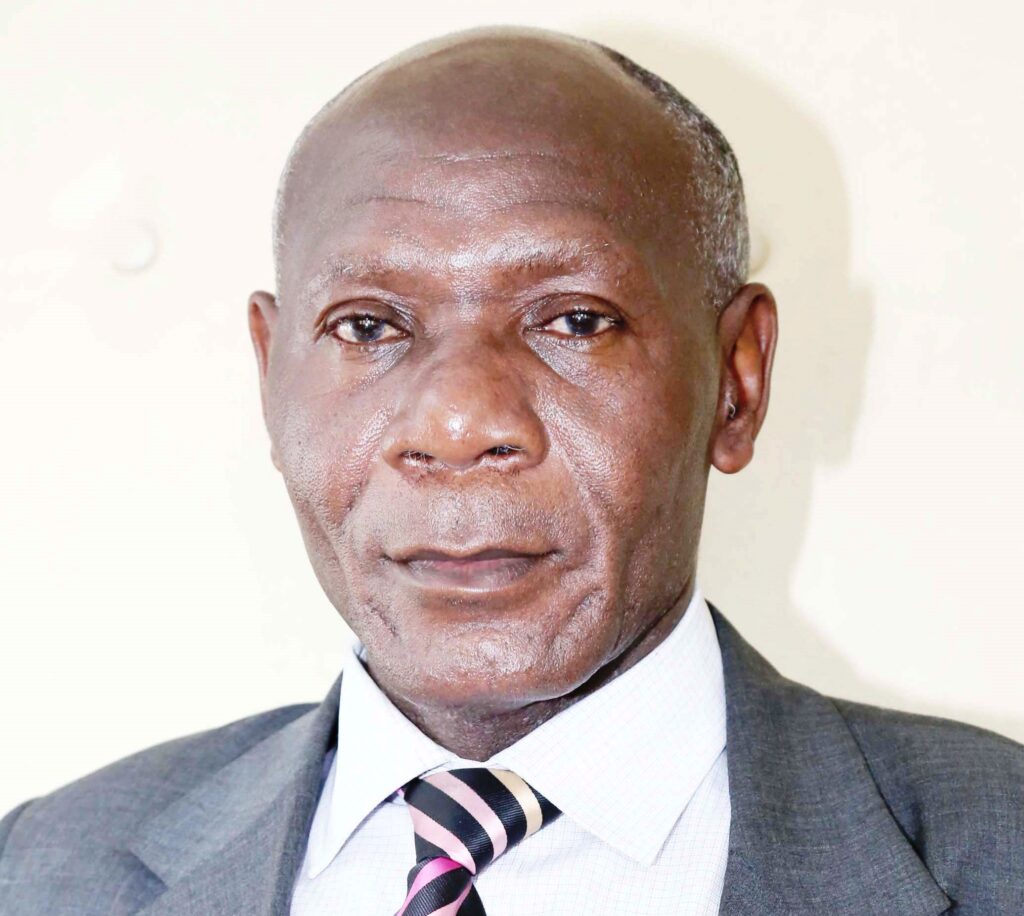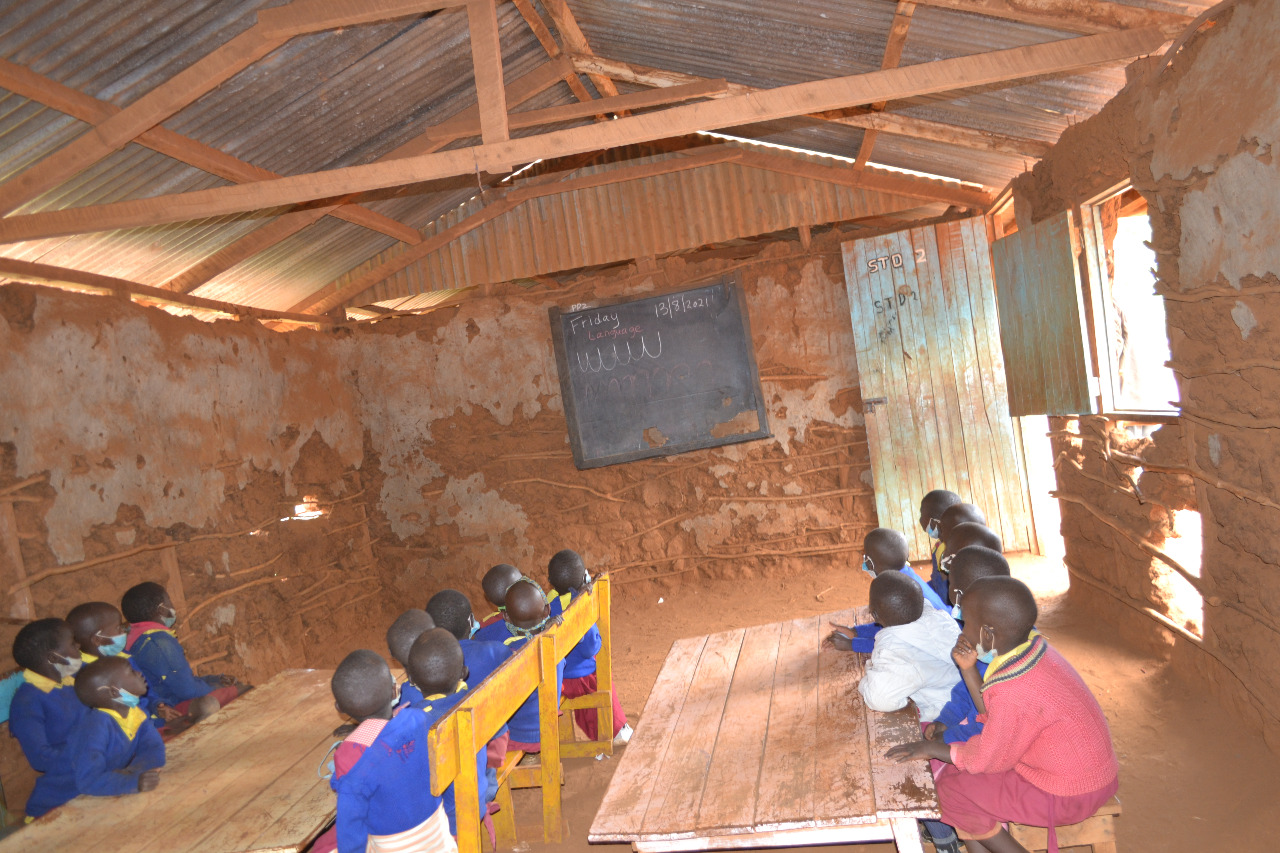By Kennedy Buhere
Last week, Principal Secretary for Early Learning and Basic Education, Dr. Julius Jwan expressed concern that schools send home children whose parents or guardians had not paid ‘motivation fees’.
The Principal Secretary found it strange that schools denied children opportunities to learn not because their parents or guardians had not paid school fees but because they had not paid motivation fees.
In Education lingo motivation fee is money parents or guardians pay for teaching outside the stipulated teaching hours or normal school timetable. In plain language, this is teaching that has not been sanctioned by educational policy, curricular and standards.
The Basic Education Regulations, 2015, prescribes the classroom hours for all public and private day primary and secondary schools to be from 8am to 3.30pm. Classroom hour means 40 minutes (for secondary schools and 35minutes for primary schools) of any one lesson on the timetable during which learners participate in a learning activity under the supervision of a teacher.
Cumulative hours allocated for formal teaching is six hours for secondary schools and 4 hours each day for primary—meaning that Classroom hours from Monday to Friday are 20 hours and 30 hours per week for primary and secondary schools respectively.
The hours outside the designated teaching hours from 8am to 3.30pm on weekdays, weekends, including school holidays are critical in the growth and development of the learners. Formal education is not the only good or asset they need when they come of age. There are many other things of an informal educational nature that are critical to the growth and development of the child.
Implied in the 4 hour instructional time (time for learners in primary schools) and six hour instructional time (for learners in secondary schools) are salient issues underpinning education. The first is that the cumulative number of hours in the school calendar is sufficient to optimally deliver curriculum content across all disciplines. The second is that the teacher or classroom hours is not the only source of learning or education available to the learner. The third is that learners need sufficient breaks from classroom hours to either undertake their own education through study of course books and other supplementary materials and also to simply relax.
In the vast majority of education systems, government authorities mandate a certain number of years—and a set quantity of hours per year—during which pupils are required to be in school and engaged in classroom learning, a Senior Policy Analyst on the Education for All Global Monitoring Report team located at UNESCO, Aaron Benavot observes.
In a paper titled ‘Instructional Time and Curricular Emphases: U.S. State Policies in Comparative Perspective’, Benavot notes: “Parents are interested in time policies, not only because they affect pupil learning and school success but also because they can influence moral character, life aspirations, community responsibility and family loyalty.”
The thrust of the school hours that the Basic Education Regulations, 2015, is that there should be no teaching whatsoever before 8am and after 3.30pm. The reasoning is that schools should release students to pursue co-curricular and extra-curricular activities that expands their cognitive, emotional and psychomotor lives. It also creates time to build relationships among their peers, children older than them and adults. Crucially, it also enables learners to have time to be alone—to read, to reflect on who they are and are becoming.
Unbroken instruction of learners which motivation fee has made possible has isolated children from each other and from the adult world.
German-Jewish political philosopher, Hannah Arendt argues that children cannot be autonomous, either from the adult world or from their own group.
In her seminal paper ‘The Crisis in Education’, Hannah called for education to facilitate ‘the natural relationship between grown-ups and children’ in order to introduce children into this world.
Our national education policy, curricular and standards has taken all this thinking into account in designing the school calendar and instructional time.
The Children’s Act, 2022 has affirmed that in addition to the right to basic education guaranteed under the Constitution and the Basic Education Act, 2013, the child shall also be entitled to leisure, play and participation in non-harmful cultural and artistic activities.
Making learners study for incredibly long hours during the weekdays, weekends and school holidays violates the law and the society’s conventions about how children should be nurtured into adulthood.
Truth be told. It is a motivation fee which underwrite teaching outside the designated classroom hours. It is a motivation fee that finances teaching outside the designated teaching hours from 8am to 3.30pm on weekdays, weekends including public holidays which fall on weekdays.
It causes untold burdens to children. Children in boarding schools—primary and secondary schools sleep far less than the eight hours recommended by medical personnel. Experts Panel convened by US-based National Sleep Foundation and published in 2015 in their journal Sleep Health, recommend that children between 14-17 years sleep for between 8 to 10 hours although seven hours is appropriate. Students in boarding schools are forced to wake up as early as 4.30am and sleep at 11pm. This means they go to sleep when they are physical, emotionally and mentally exhausted. They wake up without having had sufficient time to rest. Meaning they walk into the classrooms still fatigued. Under the Basic Education Regulations, 2015, the designated time for sleep in boarding secondary schools is 9.30pm to 6.00am bedtime Monday to Friday.
In sum, boarding schools teach roughly a total of 10 hours a day—four hours beyond the stipulated six hours during the weekdays and about four hours during Saturdays, and public holidays—in the event they fall on weekdays. Is this patriotism or commitment to duty? Professional integrity? Hardly. The motivation fee parents and guardians pay is the one used to pay teachers for “extra time” spent outside the official six hours, to teach the “daily exhausted” students.
Some schools are more uncompromising on parents and guardians paying motivation fees than the stipulated school fees. They send away a child whose parents or guardians have not paid motivation fee even if they have completed school fees payment. In the event that the students sit for the KCSE before the parent or guardians complete paying the motivation fee, the school administration requires that it be paid as a condition for releasing the Result Slip, School Leaving Certificate or the KCSE Certificate.
It is this background that made Dr. Jwan to raise concern about the fixation with motivation fee by school administrations. Motivation fee is a superfluous charge on parents. Wholly without logic and sense.

Kennedy Buhere is a Communications Officer at the Ministry of Education.







I don’t think the motivation fee is the precursor to remedial teaching, rather the other way round. The desire to excel academically dictates that an institution covers the syllabus work early and embarks on revision. This therefore cannot be be effectively attained in the prescribed 6 hour a day period.
This precisely the reason boarding schools perform better than their counterpart day schools